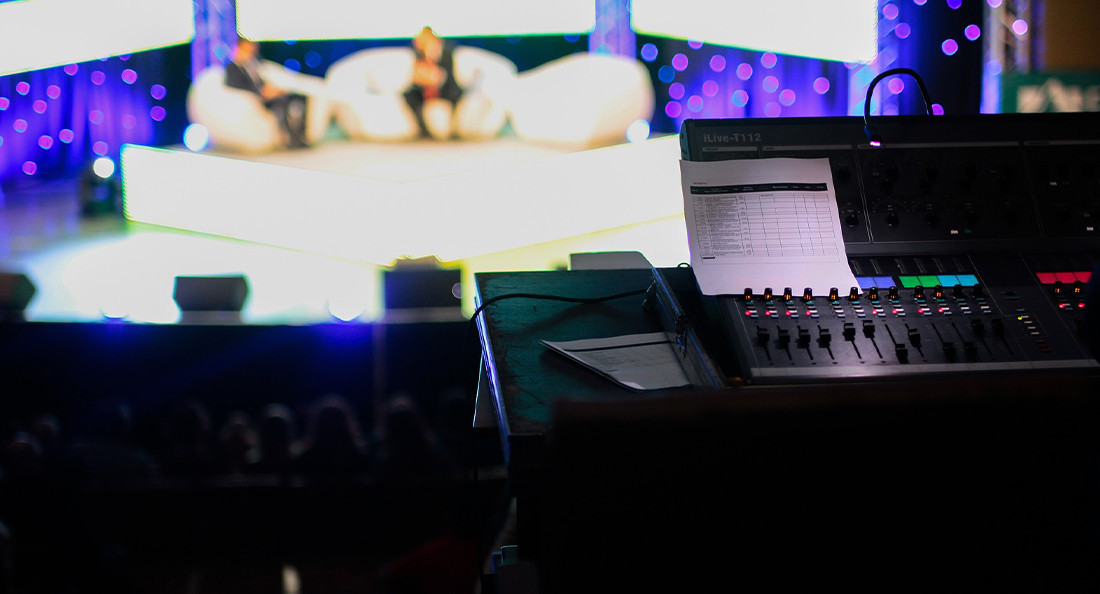Late-night shows are like university students
They’re doing okay, but there’s too much pressure on them
While the news cycle went wild over the significance of United States President Donald Trump paying only $750 in taxes in 2016, Seth Meyers made an apt observation on Late Night, saying “If true, this bombshell has the potential to be almost as damaging to his political career as the Access Hollywood tape.”
His joke suggests that, given Trump’s historically poor character, tax fraud could be considered an impactful addition to his resume and pokes fun at the scandal’s status as important news, commentary that wouldn’t air on NBC Nightly News.
Danielle Doiron argues for embracing biases in media in an earlier issue of The Uniter, explaining that doing so offers readers a lens through which to view her work. In a later article, Doiron comments on how journalists often strive to give equal weight to all sides of issues and suggests that this is a potentially harmful practice.
Late-night TV answers the call to embrace biases in reporting. Late-night shows are a distinctive news medium, because they are comedy shows written and performed by biased individuals. Jenny Hagel, a writer for Late Night with Seth Meyers, said on the Late Night with Vulture panel that the privilege of having airtime prompts writers to ask themselves what they want to write about.
A Morning Consult study of late-night found that politics are a divisive subject for audiences, with Democrats favouring political content and making up a majority of audiences. This leads to political shows like The Late Show with Stephen Colbert gaining viewership over more nonpartisan shows like The Tonight Show Starring Jimmy Fallon.
The late-night landscape is just a dozen Democrat donkeys grazing in a field. Adrian Horton, reporter for The Guardian, says Democrat hosts in the liberal late-night genre appear “to all except those of a certain political persuasion, as preachy vehicles of indoctrination ... shouting into the void.”
Horton is right, but it’s unfair to critique comedy shows for following their creators’ sensibilities and appealing to their audiences.
During the Vulture panel, Kat Radley, writer for The Daily Show with Trevor Noah says the writers “don’t really take a side ... (but) tend to lean towards the Democratic party, because they’re not monsters.” Besides, a nonpartisan late-night show is basically impossible. A neutral position on American politics isn’t funny.
Right-leaning late-night also seems impossible. The Republican Party’s association with extreme religious views and dangerous ideologies like xenophobia couldn’t get funded in the liberal-leaning entertainment industry. Plus, what would a Republican behind a desk talk about? As Jake Nevin writes in The Guardian, Trump’s presidency is basically satire in itself, “turning what was once a late-night gag into a kind of prophecy,” he writes.
Kate Sidley, writer for The Late Show with Stephen Colbert, said on the Vulture panel that their show is meant to reflect “conversations people were having that day.” However, the contents of the show, and shows like it, indicate that the conversations in mind are likely those of white Democrat viewers who believe in human rights and science.
The reality is late-night “reflects the world we live in,” Ziwe Fumudoh says on the Vulture panel, which is a world in need of more representation. If women- and BIPOC-fronted shows received more than one season before cancellation, more folks would see their own conversations extended on the small screen.
For now, late-night reflects the mounting pressure put on comedians to be philosophers, political activists and teachers, able to somehow grapple (comedically) with the floundering American democracy.
Sarah London is a rhetoric and communications student at the University of Winnipeg and sometimes a standup comedian. Her preferred brain-mushing exercise is watching hours and hours of TV.
Published in Volume 75, Number 07 of The Uniter (October 29, 2020)







